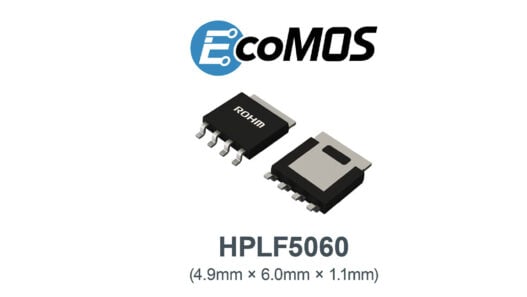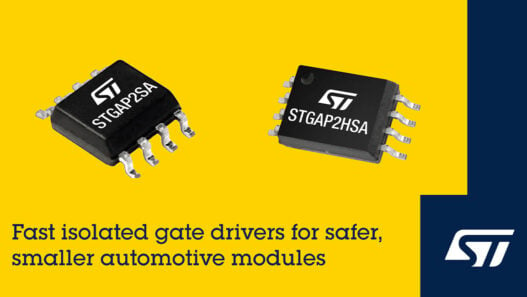While typical current sensing resistors offer load-life stability of 0.5% through a 1,000-hour workload, the RB Series provides stability of ±0.05% at 70°C for 2,000 hours at rated power and screening options in accordance to MIL-PRF 55342 and MIL-PRF 49465 for enhanced reliability and performance in a range of applications, including precision current measurement.
The RB Series includes the RBD, RBF, and RBH resistors, which offer power ratings of 0.5 W, 1 W, and 1.5 W, respectively, in compact case sizes. The devices feature short time overload of ±0.03% (300 ppm); a voltage coefficient of <0.1 ppm/V; a non-inductive (<0.08 μH), non-capacitive design; and a resistance range from 0.001 Ω to 1 Ω.
The RB Series, built on VFR’s Bulk Metal Foil technology and developed by the company’s R&D team in Japan, outperforms all other resistor technologies available today for applications that require high precision and high stability. It provides a low and predictable TCR, as well as excellent load-life stability, and allows for the production of customer-oriented products designed to satisfy challenging and specific technical requirements. The devices’ flip chip configuration saves 35% on PCB space when compared to a surface-mount chip with wraparound terminations.
Yuval Hernik, senior director of application engineering for VFR, comments: “Designers often unnecessarily pay for tighter tolerances than required simply to accommodate the resistance stability shifts they know to be imminent in an application due to the large application-related changes in the components they selected. Selection of a high-stability component such as the RBD, RBF, or RBH in these applications eliminates the need for shift allowance due to ‘planned instability’ and allows the use of looser initial tolerances than would be necessary with resistors based on other technologies. In addition, overall system costs are often reduced further by eliminating the necessity of additional compensating circuitry or temperature-controlling systems.”
“We’re proud of the unique history of VFR resistors in Japan, the quality resistive devices created in our domestic factory, and the people who work there to provide our customers with the best technical support and short lead times for our standard and customized precision resistors,” continued Hernik.
Samples and production quantities of the RB Series are available now, with lead times of five working days for samples and six weeks for larger orders.







